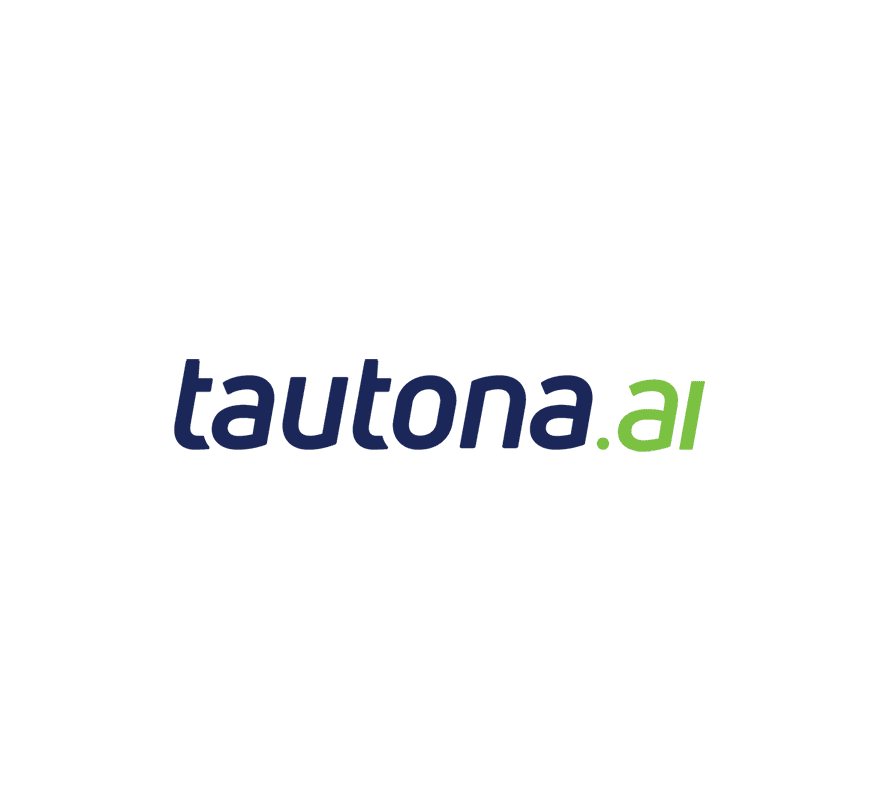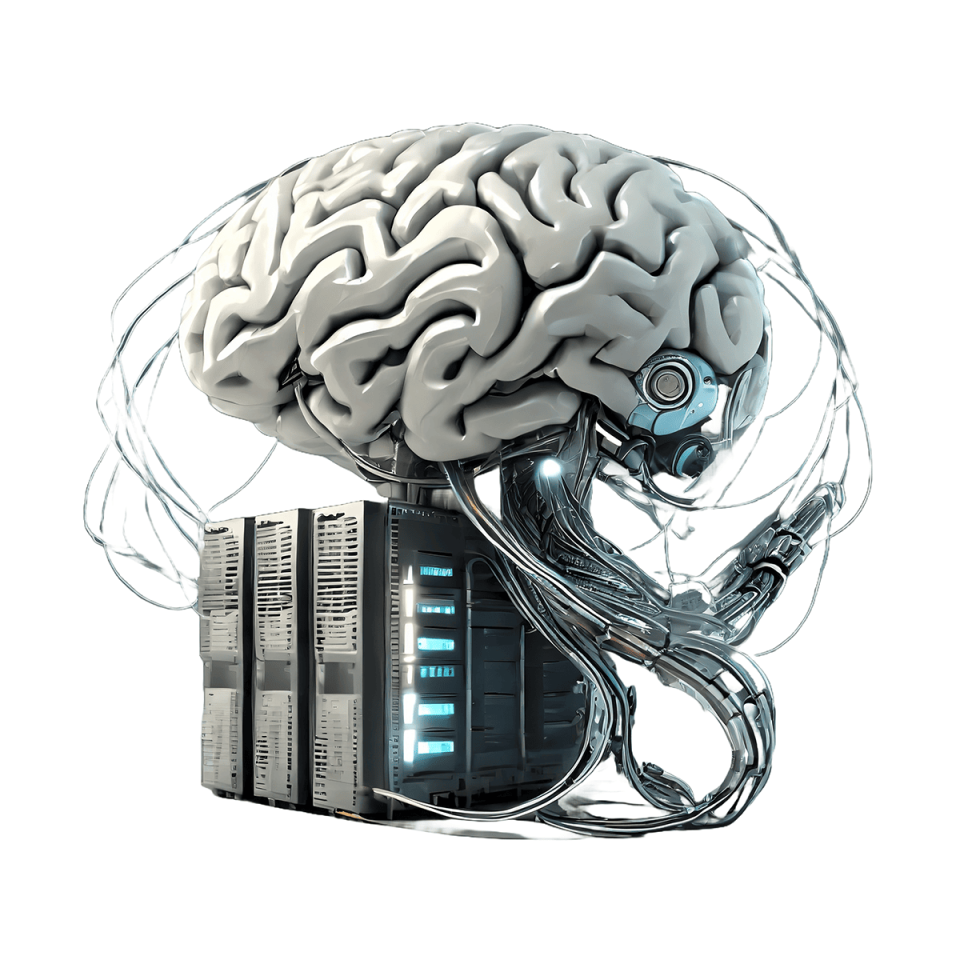Transforming Claims: The Role of AI in the London Market

The Role of AI in Claims
The potential for AI in claims is significant from data extraction to triage to decision-making to portfolio analytics to fraud detection, it can expedite claims approval for faster claims payouts to insureds.
Transforming Claims Processing with AI: The Case of Tautona
Tautona, r10’s Ecosystem Partner, is offering end-to-end pre-trained intelligent claims automation solutions, powered by AI and automation, exclusively for the insurance industry.
From the first notification of loss, the Tautona end-to-end solution can perform data extraction, claims data classification (no more ‘other’ as a cause or location of loss) and can compare to policy documents to provide an initial claims decision. And if the policy documents are in the IMR, it can pull those out for analysis. There is no need to train the model, it’s already been trained.
Tautona’s claims tool reads claims with human-like precision within seconds, surpassing human accuracy and speed and improving human accuracy levels of around 95-96% to consistently achieving 98%.
Tautona has proved its end-to-end platform at scale in the London Market by reducing operational costs and improving claims handling times and taken out the painful administrative tasks. This enables the claims handlers to focus on adjusting the complex claims and the relationship with the insureds.
With the help of AI and low code, companies can improve data input in their internal systems and retrieve documents from IMR, while classifying and extracting data and information from documents.

Realising Benefits: AI and Claims
The benefits are clear, faster decisions for claimants, improved productivity by taking out the admin burden and improved accuracy and consistency. To reduce human bias with a consistent set of rules should also be considered alongside data analytics.
No human can read, interpret, extract and find (data) trends in vast amounts of claims documents at a portfolio level. AI data extraction can capture, organise and classify portfolio (and historic) documents (imagine going back over past data entry to update the ‘other’ category with ‘proper’ data!), enabling data analytics capabilities. There are several opportunities for this type of analytics, including claims trends, fraud detection, and risk assessment, ultimately informing underwriting decisions and pricing strategies.
How r10 Sees Opportunities in the Claims London Market
There are numerous opportunities and use cases in the London Market. Companies should prioritise AI solutions to gain strategic advantages, long-term sustainability and scalability. r10 has been working closely with clients to advise and implement solutions. Below are some examples of how it can be utilised:
- Historic Portfolio Analysis: For portfolios of risks, the ability to digitise the documents and perform relevant data extraction, thereby improving overall data quality and consistency (a focus on ‘other’ or ‘various’ data entry points is a quick win).
- Loss Location: It often comes in as “various” and requires manual intervention to correct the narrative.
- Triage: Where new Claims notifications are received in centralised inboxes, these can be automatically triaged based on relevant data points and routed accordingly.
- Claims Agreement: For Company Market Claims, AI solutions, like Tautona, could perform the claims agreement process checks, irrespective of claim value (SCAP or follow claims preferable).
- Bordereaux Processing and Sending: The checks of whether a Claim is within a TPA authority and additional data extraction. Where bordereaux are emailed based on pre-selected criteria, they can also be automated.
The Future of Claims in London
Arguably, Claims is leading the digitisation way with these end-to-end and pre-trained solutions, creating the much-needed data-driven, fuelled by insights future insurance market.

Get in touch with r10 to further comprehend your digital transformation journey, including defining and implementing your strategic priorities.


